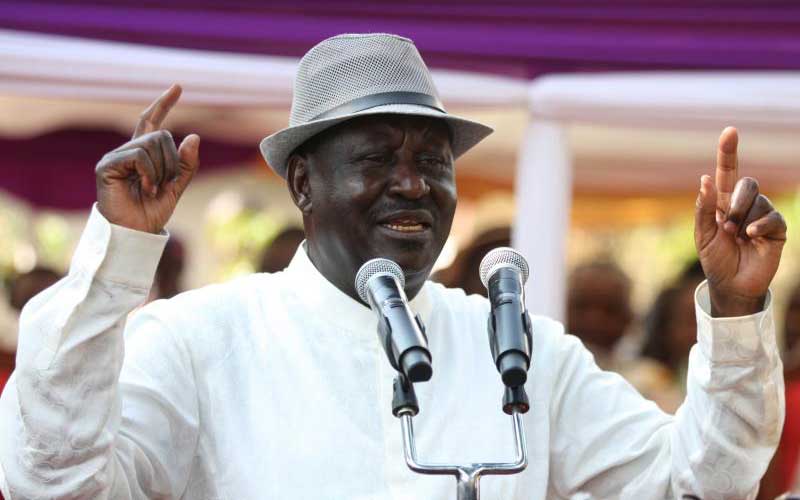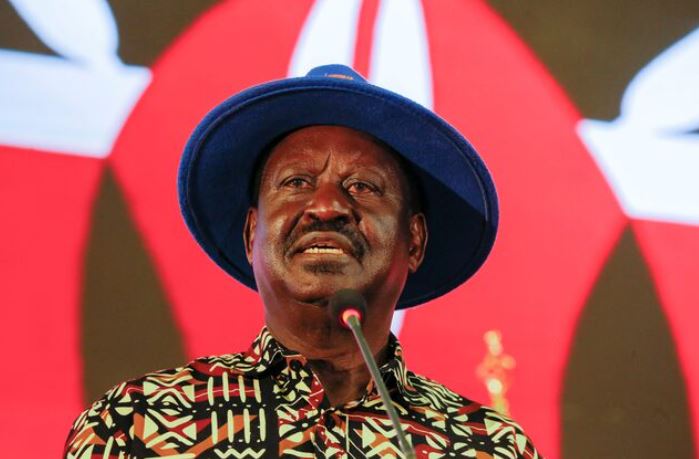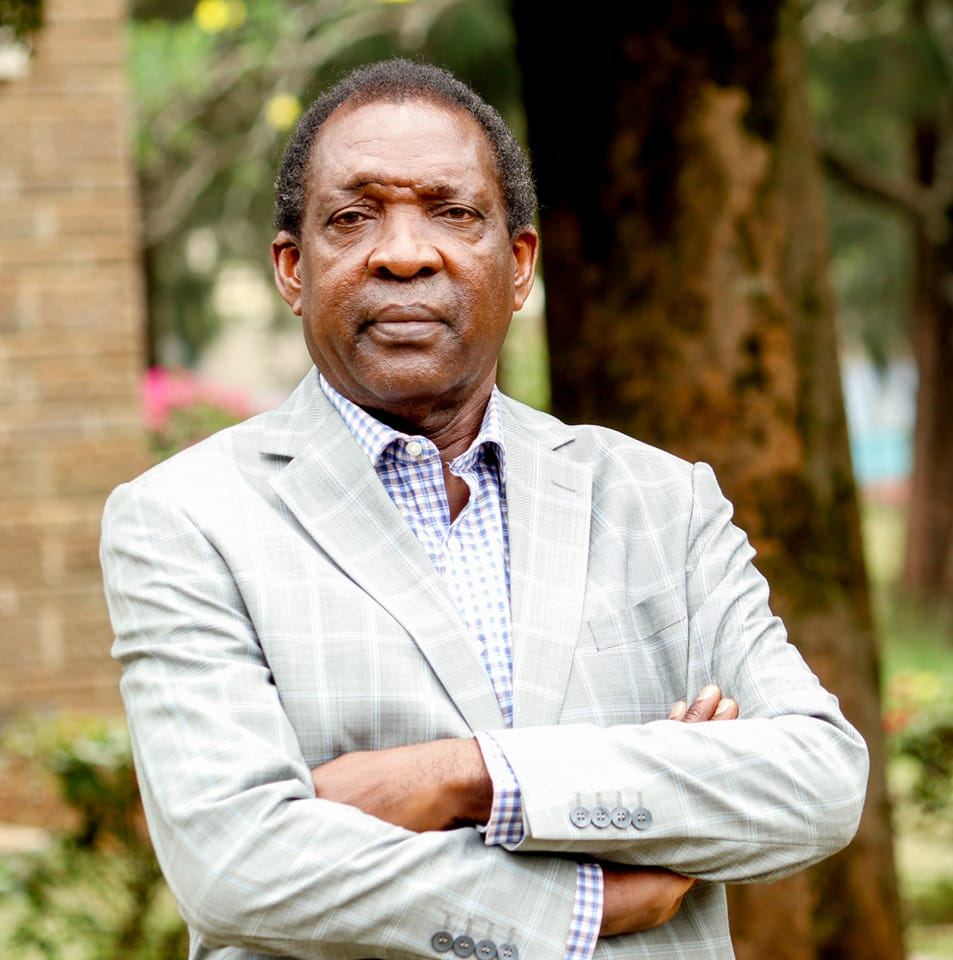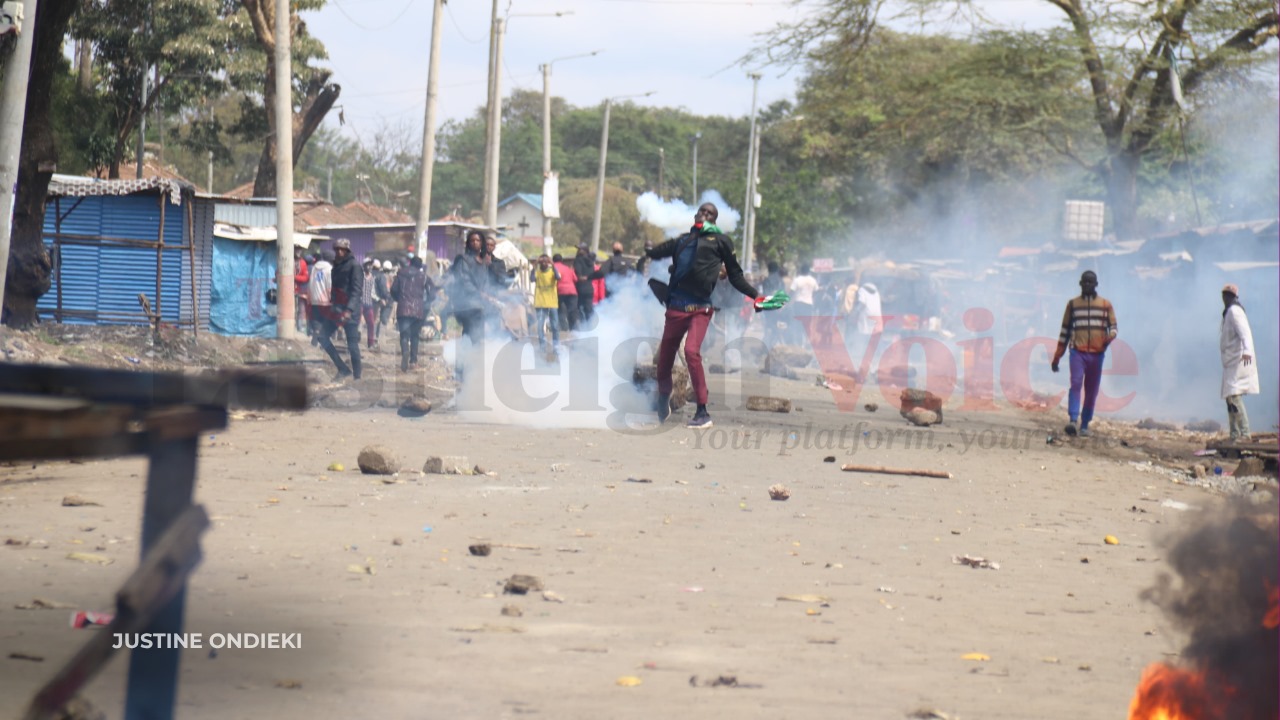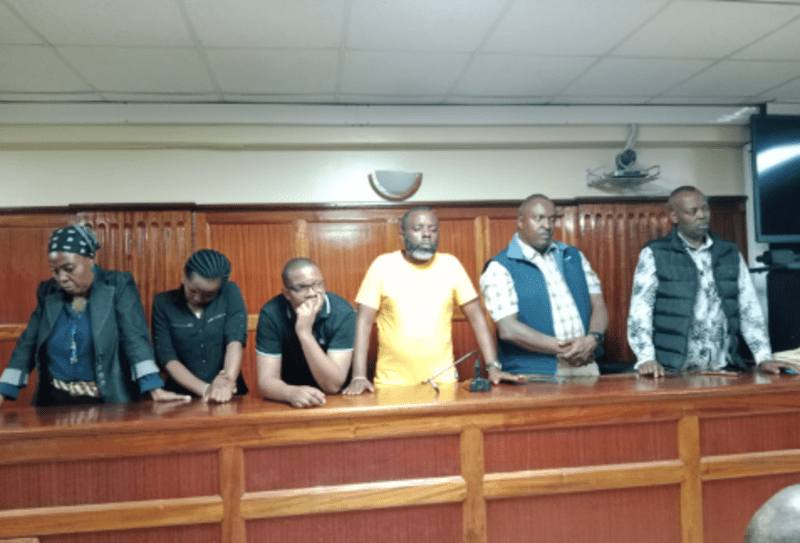Passaris pauses controversial protest Bill amid civil rights concerns and Saba Saba tributes

Passaris commended the NCCK for its “bold stance in defending civil liberties,” while urging religious institutions to take a more active role in nurturing a democratic culture.
Nairobi Woman Representative Esther Passaris has suspended the pre-publication of the contentious Public Order (Amendment) Bill, 2025, following public backlash and growing calls for broader consultations on its potential impact on constitutional freedoms, especially the right to peaceful protest.
In a statement on Monday, Passaris said the move was guided by the need for inclusive dialogue and national consensus on how to protect civil liberties while ensuring public order.
More To Read
- Church leaders call for peace, slam ‘shoot-to-kill’ order ahead of Saba Saba protests
- Autopsy reveals Kariuki died from severe head injury caused by four bullet fragments
- Police brutality, state censorship are a threat to Kenya's democracy, civil society groups warn
- Burial of slain hawker set for July 11 as calls for justice mount
- Petition filed seeking removal of KeRRA boss Philemon Kandie over June protests
- Political economist slams Bill restricting protests near key state offices, says move an attempt to silence public dissent
“As Kenya commemorates Saba Saba, a day rooted in our struggle for democracy and justice, I wish to respond to the call by the National Council of Churches of Kenya (NCCK) and other voices of conscience. I have decided to pause the pre-publication process of the Public Order (Amendment) Bill, 2025, to allow for national dialogue and wide public engagement,” she said.
“This is an invitation to co-create legislation that safeguards constitutional freedoms while ensuring public order.”
Democratic culture
Passaris commended the NCCK for its “bold stance in defending civil liberties,” while urging religious institutions to take a more active role in nurturing a democratic culture.
“I also challenge our religious institutions to raise the moral bar of public discourse. Let us teach and encourage a culture of peaceful protest, lawful engagement, and respectful disagreement, values rooted in faith and democracy alike,” she said.
“A just society is not built by force or fear, but by accountability on all sides, from citizens to state officers. It is my hope that this conversation will shift from confrontation to collaboration.”
She called for a shift from confrontation to collaboration, urging Kenyans to embrace shared responsibility in safeguarding the country’s democratic ideals.
Shared accountability
“As we honour the spirit of Saba Saba, let us move forward not in anger, but in shared accountability; each of us doing our part to secure Kenya’s promise of prosperity. God bless Kenya. God bless her people,” she said.
The Bill aims to amend the Public Order Act (Cap. 56) by redefining public gatherings and processions, while introducing new restrictions on where protests can be held. One key proposal is to ban demonstrations within 100 metres of Parliament, State House, courtrooms, and other designated protected areas.
It also seeks to grant the Interior Cabinet Secretary, in consultation with county governments, the authority to designate specific protest zones and restrict demonstrations in certain locations.
“A person who contravenes the provisions of this section commits an offence and shall, on conviction, be liable to a fine not exceeding Sh100,000 or to imprisonment for a term not exceeding three months, or both,” reads the Bill.
Guide orderly demonstrations
Appearing before the Administration and Internal Security Committee last week, Passaris defended the proposed law, arguing that it seeks to guide orderly demonstrations.
She said the recent spate of violent protests, including incidents of arson, looting, and destruction of public and private property witnessed on June 25, highlighted the need for structure and safety.
“The aim is to protect lives and reduce violence,” she told the committee, adding that the changes would help prevent avoidable deaths during protests.
Civil rights groups and legal analysts have condemned the Bill as an attempt to roll back rights enshrined in Article 37 of the Constitution, which guarantees every Kenyan the right, “peaceably and unarmed, to assemble, to demonstrate, to picket, and to present petitions to public authorities.”
They argue that the proposed law closely resembles the previously rejected Assemblies and Demonstrations Bill of 2024, which was heavily criticised for imposing disproportionate restrictions on constitutional freedoms.
Targets fundamental rights
Critics also warn that the new Bill targets fundamental rights at a time when citizens are actively protesting against governance failures, corruption, and what many perceive as rising authoritarianism.
Despite constitutional safeguards, peaceful demonstrators continue to face police brutality, abductions, and intimidation. Rights groups say these often extrajudicial acts are becoming increasingly common under the current administration.
While the government blames protestors for incidents of destruction and unrest, activists argue that much of the violence is instigated by infiltrators allegedly supported by powerful political actors.
Under existing legislation, protest organisers are required to give the police at least three days’ notice, disclose planned routes, and ensure that demonstrations remain peaceful and take place between 6 am and 6 pm.
Legal experts contend that the current legal framework already offers adequate regulation and that the real issue lies in enforcement, not the law itself.
Both the 2010 Constitution and international human rights standards uphold a presumption in favour of peaceful assembly. The term ‘peaceful’ encompasses protests that may temporarily obstruct or inconvenience others, or even provoke offence.
Article 24 of the Constitution states that any limitation on rights must be reasonable and justifiable in a democratic society, taking into account the nature of the right, the purpose and extent of the limitation, and the availability of less restrictive means to achieve the intended objective.
The National Police Service Standing Orders further require officers to respect human rights and apply minimal force, particularly in the context of managing public assemblies.
Top Stories Today
